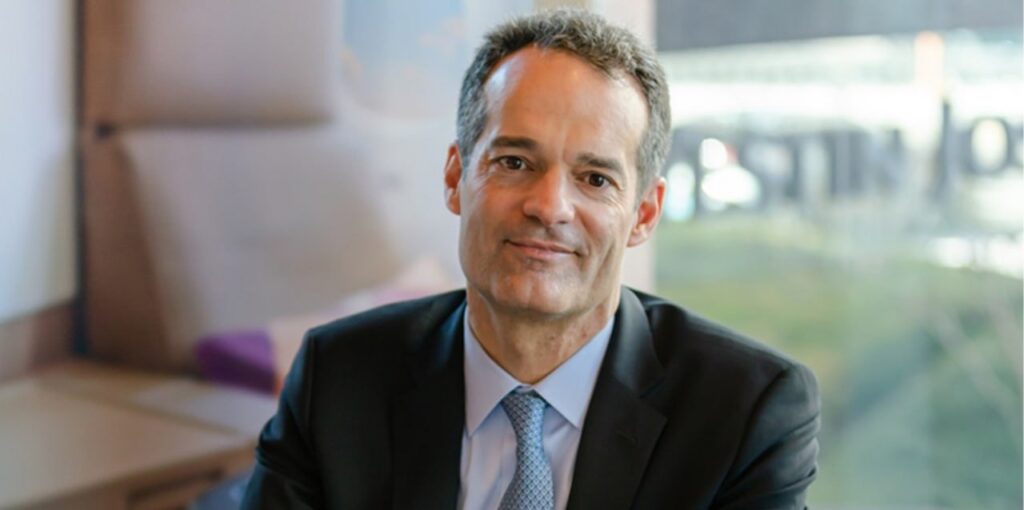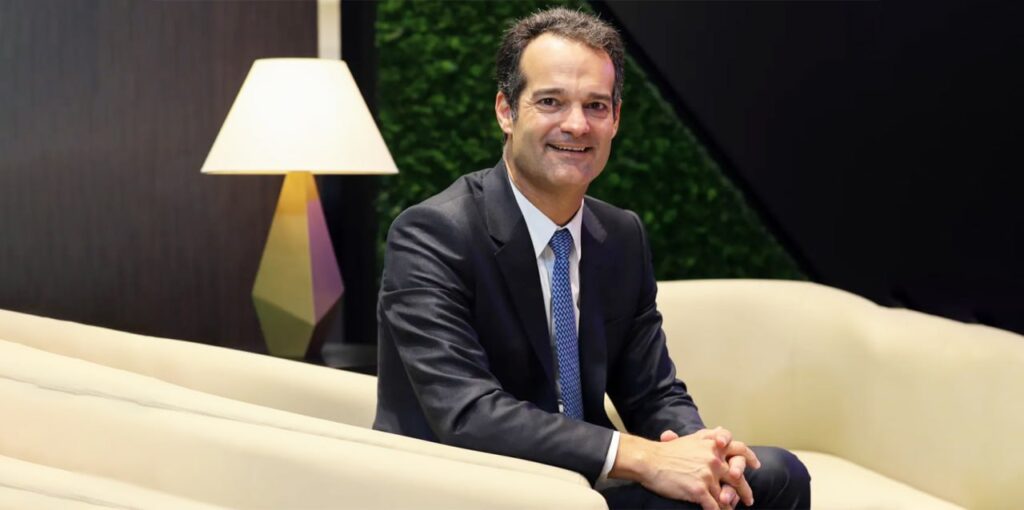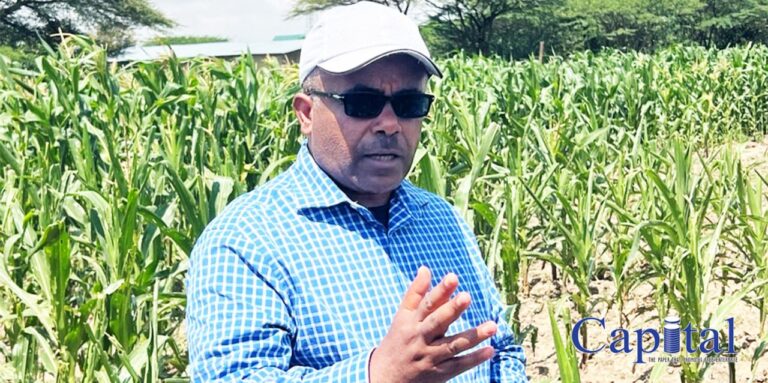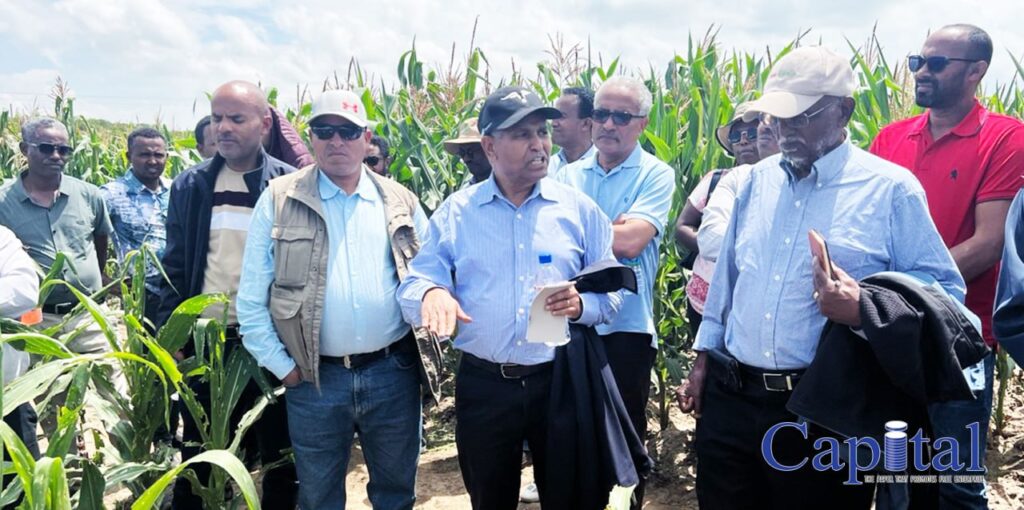Ethiopia is currently navigating a decisive phase in its economic development. Recently, the Ministry of Finance announced the unsuccessful conclusion of restricted negotiations with holders of its US$1 billion Eurobond notes due in December 2024. These discussions, aimed at restructuring this significant debt, ultimately failed to produce an agreement acceptable to all parties, leaving Ethiopia perched precariously on the edge of greater fiscal uncertainty.
While it is commendable that Ethiopian authorities engaged in these discussions with legal and financial advisors and sought to balance creditor demands with the country’s repayment capacity, the failure to reach a consensus sends alarm bells ringing for the nation’s economic future. It is now clear that more decisive, strategic, and proactive measures are required by the authorities to steer Ethiopia away from potential default and its destabilizing consequences. This editorial argues for a bold reconsideration of Ethiopia’s debt management strategy and economic policies, emphasizing the need for urgency and improved governance in resolving the debt crisis.
Ethiopia’s public debt, including the Eurobonds issued in recent years, reflects both the aspirations and vulnerabilities of a fast-growing economy seeking to fund critical development projects. The current restructuring talks centered on the 2024 Notes reveal how stretched Ethiopia’s repayment capacity has become. On the one hand, the government proposed a 16% haircut and a payment schedule linked to export performance. On the other, creditors demanded a less generous haircut and more immediate financial returns.
The failure to agree ultimately leaves Ethiopia with looming debt service obligations that it is unlikely to meet without severe fiscal adjustments. This portends a painful choice: either default on external debt—risking credit downgrades, loss of investor confidence, and isolation from global finance—or undertake drastic austerity measures that could curtail public investment and social service delivery.
Hence, the inability to resolve this issue is not a mere technicality but a reflection of deeper economic and governance challenges. Without innovative solutions beyond traditional restructuring talks, Ethiopia risks squandering hard-won development gains.
Why Authorities Must Do More
1. Enhance Transparency and Stakeholder Engagement
The opaque nature of past debt accords and limited public engagement have fueled skepticism and diminished trust among citizens and investors alike. Ethiopian authorities must lead with greater transparency about the nature, extent, and terms of the country’s debts, including contingent liabilities and domestic obligations.
Public dialogue involving civil society, parliament, and media should be institutionalized to ensure reforms enjoy local ownership and scrutiny. A robust, inclusive approach will display fiscal responsibility, enhance donor confidence, and deter predatory creditor behavior.
2. Strengthen Negotiation Leverage and Coordination
The failed talks underscore the fragmented nature of Ethiopia’s creditor landscape—from Eurobond holders to bilateral lenders, multilateral institutions, and development banks. Ethiopian authorities need to improve coordination and leverage in negotiations, possibly by creating a centralized debt management office empowered to lead all creditor engagements with clear mandates.
Moreover, learning from successful sovereign restructuring cases elsewhere, Ethiopia should seek to build stronger alliances with official creditors like the IMF, World Bank, and African Development Bank to ensure coordinated debt relief frameworks that bolster repayment capacity.
3. Accelerate Structural Reforms for Economic Resilience
Debt sustainability hinges on Ethiopia’s ability to generate sustainable foreign exchange reserves and robust economic growth. The dependence on exports, while promising, faces risks from global market volatility and internal bottlenecks such as infrastructure gaps, bureaucratic inefficiencies, and political instability.
Authorities must accelerate reforms to diversify the economy, deepen industrialization, improve the investment climate, and strengthen governance institutions. Special emphasis should be placed on export-oriented sectors and domestic revenue mobilization to reduce dependency on external borrowing.
4. Innovative Financial Instruments and Risk-sharing
The proposal for a “Value Recovery Instrument” tied to export performance was a step in exploring creative financing models. However, more needs to be done in developing innovative debt instruments that share risks more equitably between Ethiopia and its creditors.
Public-private partnerships, sovereign wealth funds linked to natural resources, and diaspora bonds could be avenues for mobilizing resources while distributing financial risks. Ethiopia should also explore contingent financing arrangements to cushion against economic shocks.
5. Ensure Political Stability and Security
Economic reforms and debt management efforts cannot succeed without a stable political and security environment. Ethiopia’s authorities must prioritize peace-building and inclusive governance to create investor confidence and social cohesion required for sustainable economic progress.
Ethiopia’s debt challenge is daunting but not insurmountable. The recent failure to secure a restructuring agreement on the 2024 Eurobonds should serve as a wake-up call—not a cause for resignation. The authorities must seize this moment to rethink, renew, and redouble their efforts.
Adequate resourcing of debt management structures, institutional reforms, enhanced transparency, and broad-based economic transformation are indispensable ingredients for fiscal sustainability. Equally, engaging with creditors from a position of strength and clarity is critical to securing fair and workable debt restructuring agreements.
Failure to act decisively risks pushing Ethiopia into a debt crisis that could derail its development trajectory, undermine public trust, and diminish its standing in the global financial community. But with vision, commitment, and inclusive partnerships, Ethiopia can turn this crisis into an opportunity for renewed economic resilience and shared prosperity.
The time for half measures is over. Ethiopia’s authorities must do more—and do it now—to safeguard the nation’s financial future and the well-being of its people.









